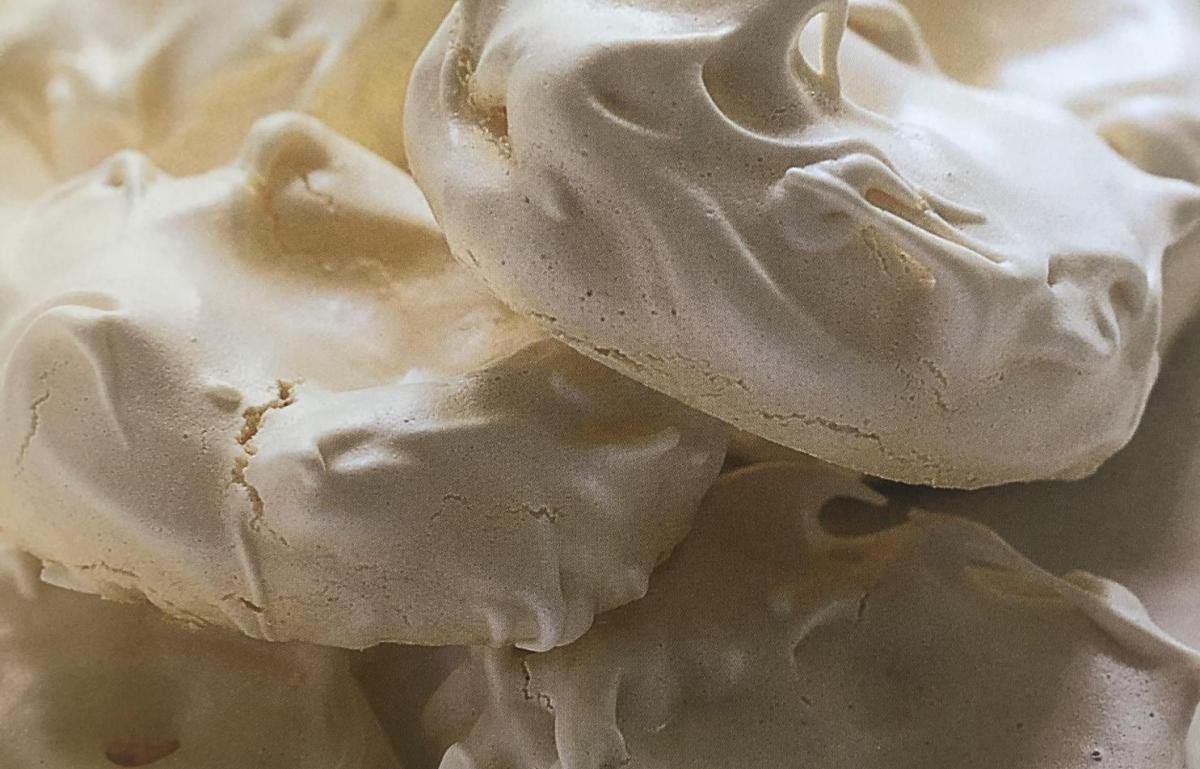Merengue
meringue
Meringue is a type of dessert or candy, of French origin, traditionally made from whipped egg whites and sugar, and occasionally an acidic ingredient such as lemon, vinegar, or cream of tartar. A binding agent such as salt, flour or gelatin may also be added to the eggs. The key to the formation of a good meringue is the formation of stiff peaks by denaturing the protein ovalbumin (a protein in the egg whites) via mechanical shear. They are light, airy and sweet confections. Homemade meringues are often chewy and soft with a crisp exterior, while many commercial meringues are crisp throughout. A uniform crisp texture may be achieved at home by baking at a low temperature (80–90 °C or 176–194 °F) for an extended period of up to two hours. The Oxford English Dictionary states that the French word is of unknown origin. The name meringue for this confection first appeared in print in François Massialot's cookbook of 1692. The word meringue first appeared in English in 1706 in a translation of Massialot's book. The first documented recipes recognizable as meringues are found in two considerably earlier 17th-century English manuscript books of recipes which give instructions for confections called "white biskit bread" in the book of recipes written in 1604 by Elinor Fettiplace (c. 1570 – c. 1647) of Gloucestershire and called "pets" in the manuscript of collected recipes written by Lady Rachel Fane (1612/13 – 1680) of Knole, Kent. Slowly baked meringues are still referred to as "pets" in the Loire region of France due to their light and fluffy texture.
Source: Wikipedia
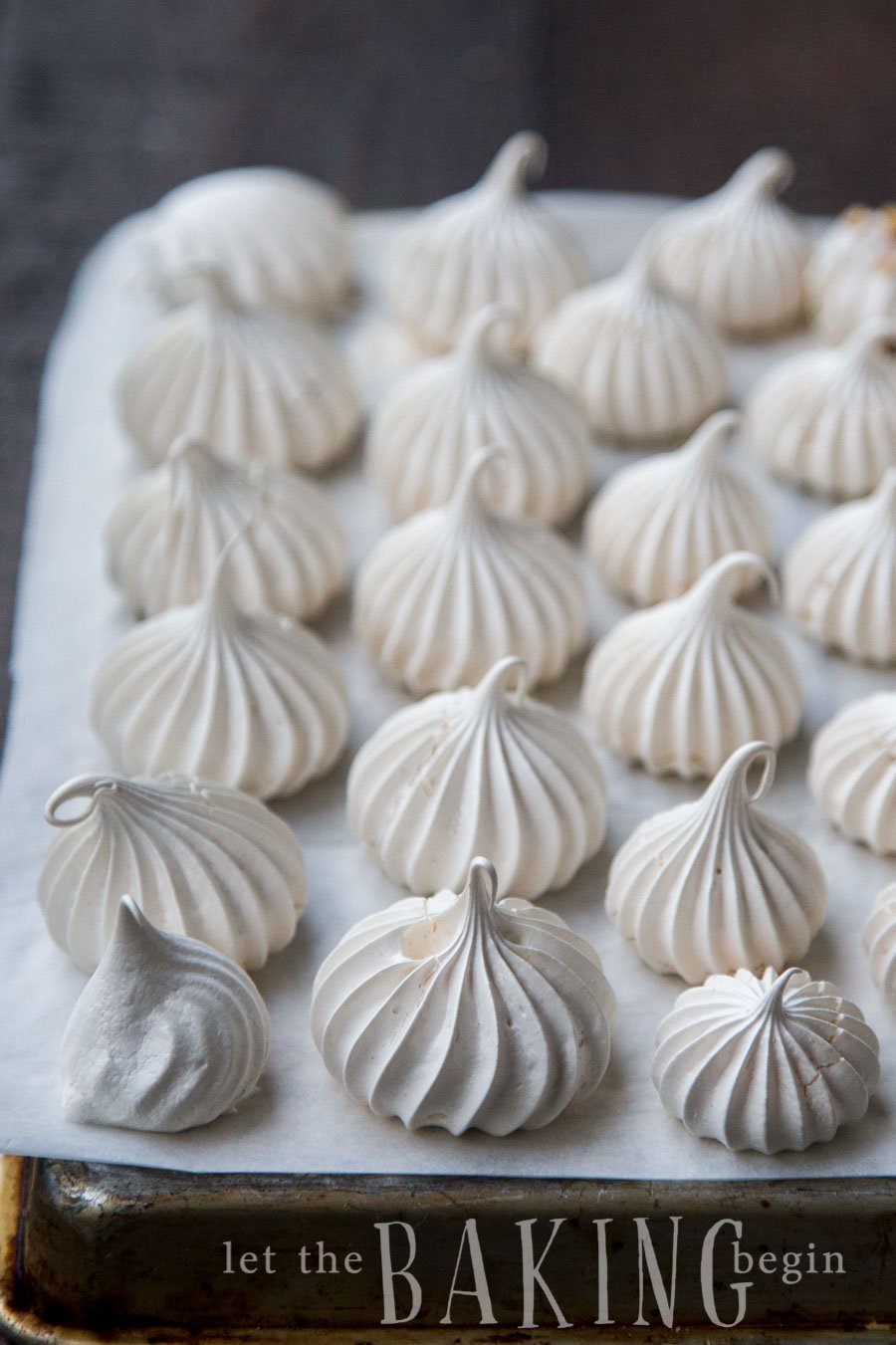
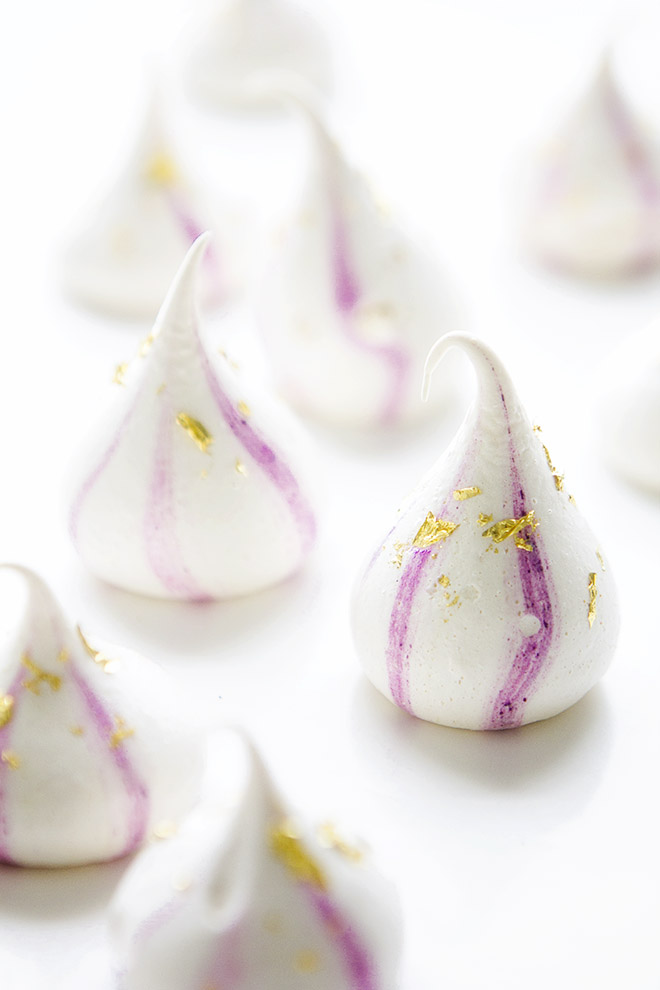
:max_bytes(150000):strip_icc()/3710975-aef2547850d64db082f44c0ae9b109ad.jpg)

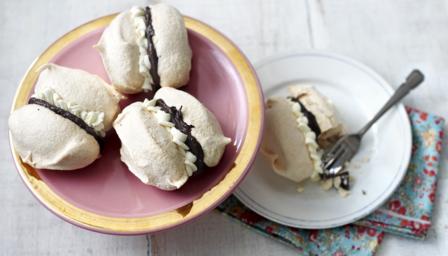

:max_bytes(150000):strip_icc()/3554815-26ce669e04b447ab86da7f2dc497ec78.jpg)
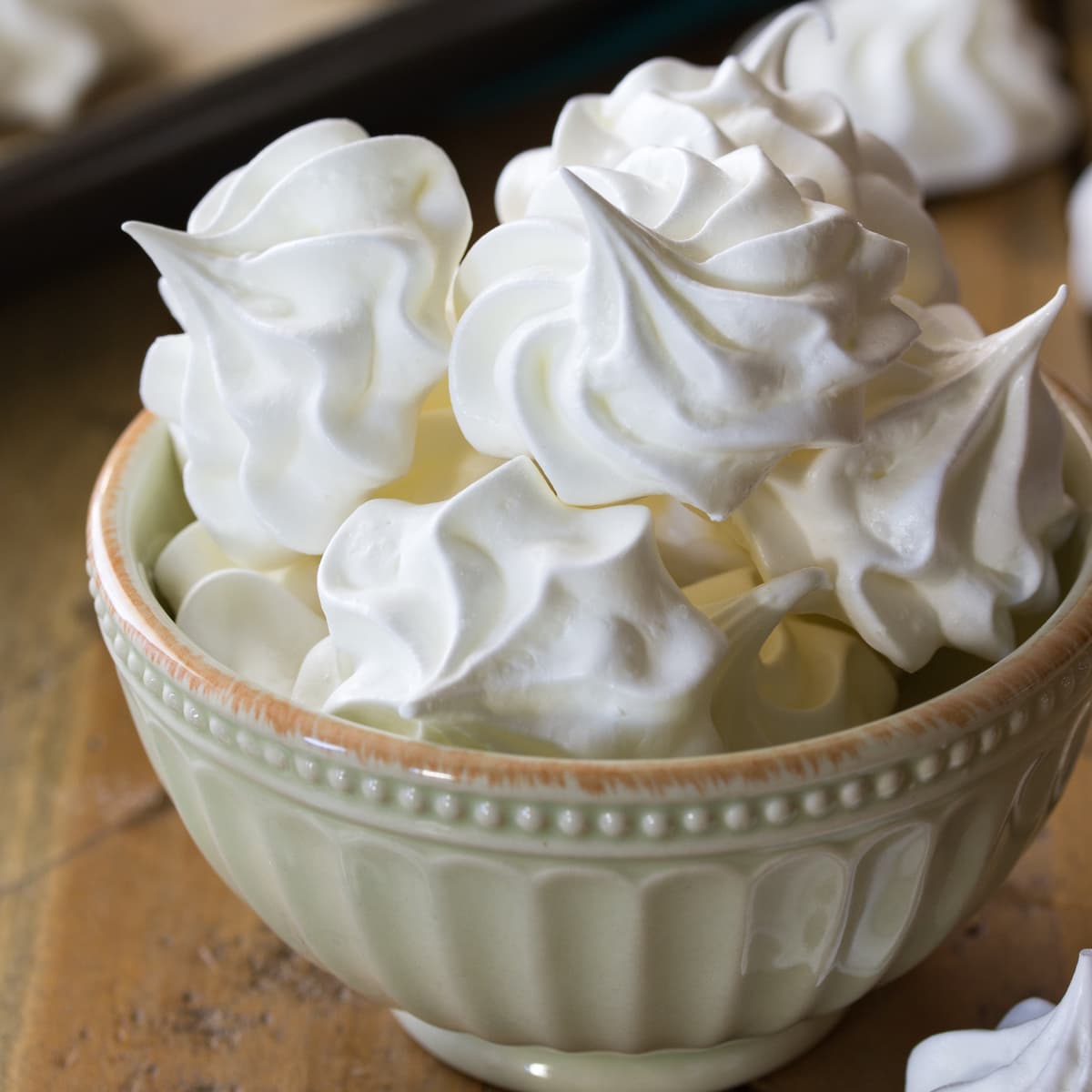

:max_bytes(150000):strip_icc()/wreath-party-cookies-msl1218_vert-onecms-horiz-1222-089e39f209ad4c92b881226740476174.jpg)
